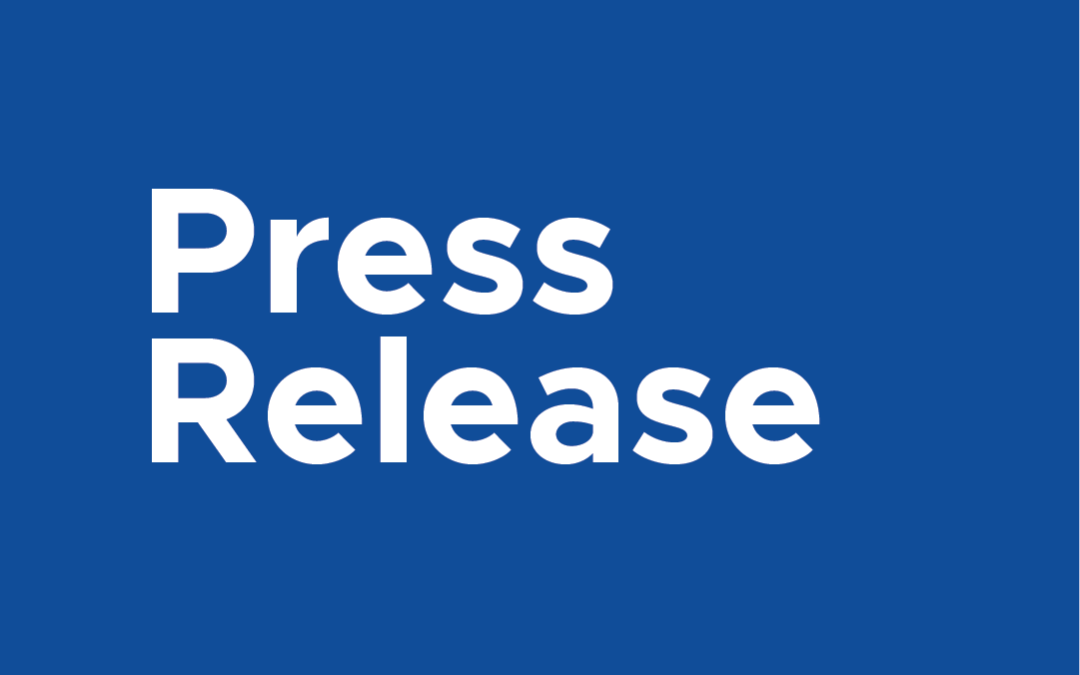Innovative solutions to the GP Workforce crisis needed as Government announces expansion of free GP care in Budget 2023.
Only one in five (21%) of GP practices can take new GMS patients, and one in four (26%) can take new private patients, ICGP survey shows.
27th September 2022.
For Immediate Release.
The Irish College of General Practitioners (ICGP) is the professional body for general practice in Ireland. The ICGP is the representative organization for education, training and standards in general practice. There are over 3,500 GPs working in Ireland and over 900 in training.
In its response to Budget 2023, the Chairman of the ICGP, Dr John Farrell, said:
“GP Visit cards for over 400,000 more people, along with the rollout of free care to under 6s and 7s, is acknowledged in the context of preventative care and supporting families. However, we cannot ignore the fact that expanding free GP care will inevitably mean longer waiting times for patients’ appointments with GPs, at a time of huge workforce and workload pressures.”
Dr Farrell further noted that when GP care was extended to the Under 6s, consultation rates increased by 30%.
“All over the country, GP practices have closed their doors to new patients, not because they want to, but because they have reached full capacity and can’t take on any more new patients. This means that people can’t access GP care when they need it.”
The ICGP’s most recent membership survey (2021) indicated that only one in five GP practices (21%) can take on new GMS patients because they are at full capacity, and only one in in four (26%) can take on new private patients because they are unable to employ another GP or replace a retiring GP.
Dr Farrell added: “Our statistics show that 5% of our GPs are over 70 years of age, 14% are over 65 years of age, and 25% are over 60 years of age.”
“These figures show that we face serious shortages of GPs now as they retire, and will face even bigger challenges in the short term”.
The CEO of the ICGP, Fintan Foy, said “The ICGP’s data is mirrored by the Irish Medical Council, whose recently published Medical Workforce Intelligence Report identifies a 42% deficit in GP numbers in Ireland.”
Mr Foy reiterated the ICGP’s call for a Ministerial Working Group on Future General Practice, to help plan for this shortage, and find innovative solutions to the workforce crisis.
The President of the ICGP, Dr Paul Armstrong, said : “The ICGP has responded to the impending shortage by rapidly expanding the numbers of GPs in training, with a 70% increase in training numbers since 2017. We plan to have 350 training places by 2026, but this will not meet the expected demand.”
“We will publish our potential solutions to this growing crisis in October, at our Autumn Conference. We hope the Minister will meet the College to discuss this as a matter of urgency.”
The ICGP’s Pre Budget Submission is available to read here.
Issued by: Aileen O’Meara, Communications Consultant, Irish College of General Practitioners.
Tel. 01 2542984 / 087 2239830
Email: ICGP.news@gmail.com
www.icgp.ie
GENERAL PRACTICE – IN NUMBERS
GP numbers
As of September 30th, 2021, there are 3,982 general practitioners (GPs) working in general practice.
Of those, 3,852 are working in mainstream general practice.
Some of these are working part time, so the Full Time Equivalent (FTE) number is 2,774 equivalents.
There are over 900 GP trainees working in general practice on a supervised basis.
Of the 3,852 working in General Practice –
14% (544) are aged 65+ years and are therefore due to retire within five years. A total of 25% (952) are aged 60+ years and therefore due to retire within 10 years. Almost 5% (229) of those working in clinical practice currently are aged over 70 years.
GPs and GP Practice Nurses undertake in excess of 29 million consultations per year. Additionally, over 1.3m consultations are delivered in GP Out-of-Hours clinics throughout the country.
EXPANSION OF NUMBERS IN TRAINING
THE ICGP has substantially increased the number of GP training places by 70% in the past 6 years and continued expansion is underway.
In line with the Programme for Government, the ICGP is increasing the number of training places, and plans to have an annual intake of 350 trainees by 2026. However, there are restrictions due to limited capacity in hospitals to continue with this level of expansion.
YEAR INTAKE
2015 153
2019 193
2020 208
2021 233
2022 258
The ICGP calculated a total of 29 million consultations (GP and GPN) take place in general practice annually with GPs spending an average of 13.7 minutes per consultation. The same study estimated that Irish people visit their GP 4.34 times a year, similar to data reported elsewhere. This increases to 5.91 general practice visits per person per year when both GP and GPN (Practice Nurse) visits are included.
IMPACT OF EXPANSION OF FREE GP CARE ON CONSULTATION RATES
A study by researchers in the ICGP and UCD on the impact of the policy of free GP care for the under 6s, introduced in 2017, showed that there was a 20-21% increase in daytime GP consultations by under 6s, and a 25 – 29% increase in GP out-of-hours consultations by under 6s in the 3 years after this policy was introduced.
ENDS
References for the data above available on request.

